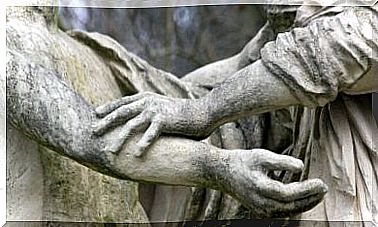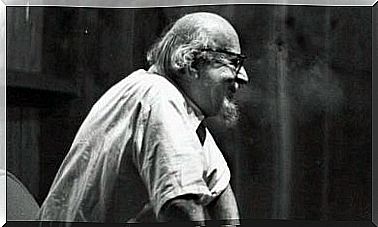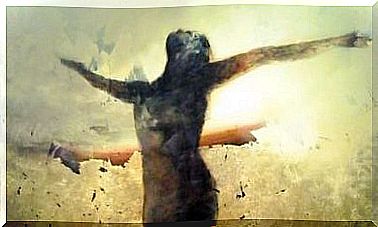My Family Does Not Know Who Noam Chomsky Is
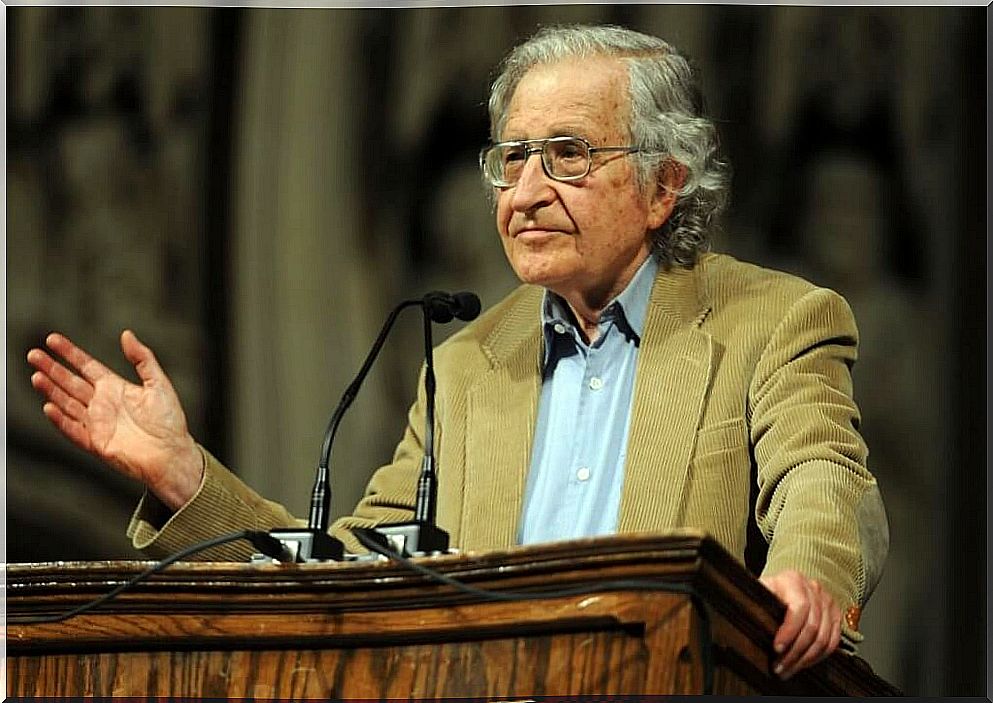
Who is Noam Chomsky? I was watching a movie the other day, and there was a scene in the movie that caught my attention. A very unconventional family celebrated Noam Chomsky’s birthday. One of the children became very angry with the father for celebrating it. He said he wanted to celebrate Christmas like any other child. The father’s answer was definite: would you rather celebrate a fictional, magical Santa or the birthday of a man who fights for human rights and understanding?
The poor child could not think of anything to defend his desire to celebrate Christmas. This scene caught my attention, not only because it discredits the faith of millions of people, but also because no one I watched the movie with knew who Noam Chomsky was. One of them even said, “Who is Noam Chomsky?”
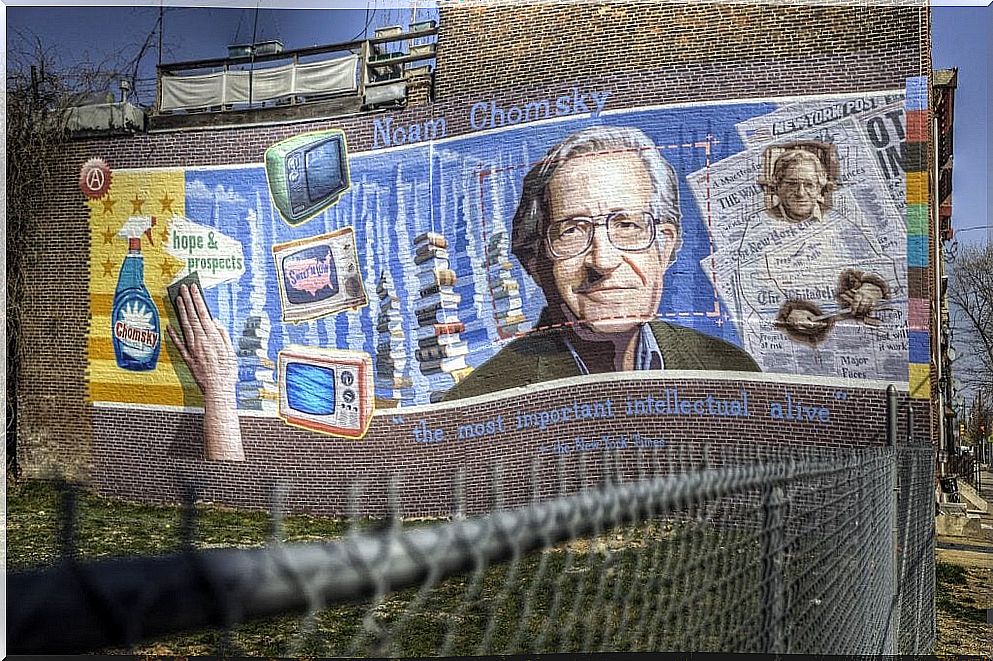
Noam Chomsky is a prominent linguist, philosopher, activist and political analyst. He is associated with the most radical and critical political currents in the United States. However, he is probably best known for his work in linguistics. He developed a theory of language acquisition that people have written hundreds of articles about.
Chomsky suggested that from the moment we are born, our brains have an innate ability to learn and use language almost instinctively. Many people still support his theory today, and it annihilated all previous theories that said that language could only come through learning.
His theory was based on the assumption that there are certain universal grammatical principles for all languages. This explained how children can learn to speak so quickly. It also explained why basically all children go through the same stages when they learn a language and make the same mistakes.
Some people consider Chomsky to be the most important academic of our time. This is partly due to his work as an activist. Chomsky sees himself as an anarchist, specifically in the branch of anarcho-syndicalism, and he is a great advocate of civil disobedience. An example that Chomsky uses to explain his positive attitude towards activism is this:
Imagine walking down a street at night. Suddenly you see someone abusing someone across the street. Without even thinking, you walk towards the crosswalk to help the victim. But the traffic light at the pedestrian crossing shows a red man. What would you have done?
Crossing the street towards red is illegal. This means that if you cross the street then you are breaking the law. On the other hand, if you do not cross the street and wait for it to turn green, it may be too late for the victim.
The point of the story is that it can sometimes be justified to break the law. Going outside the law can be positive as long as we do it for a good moral purpose. In this case, the purpose was to help the other person. Chomsky believes that some things that the government decides to criminalize do not always correspond to what people actually see as criminal.
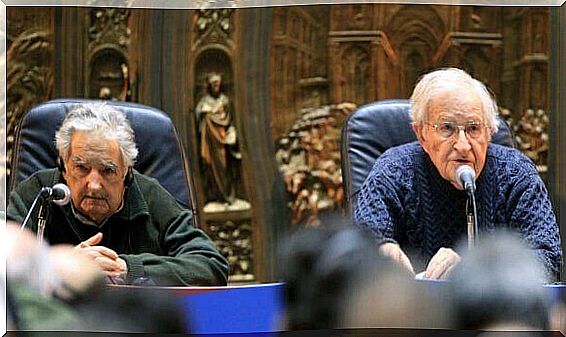
In response to the Vietnam War, Chomsky began to criticize the lack of democracy in countries such as the United States. He has always pointed out the lack of symmetry between public opinion and the decisions that politicians make. He supports the use of grassroots movements to press political forces and to create true change.
Although he also sees himself as a Zionist, Chomsky has also criticized Israel harshly. But he still supports kibbutz as a lifestyle and as a social alternative. He has been one of the biggest advocates of boycotting Israel, a movement driven by the BDS campaign (boycott, disinvestment and sanctions). The movement is trying to put political and economic pressure on Israel to end its occupations.
He also argues that everyone should participate in politics. Not just professionals like journalists, academics or politicians. One of his most important contributions here has been his analysis of the media. Here are some of his conclusions:
- The media shifts our attention away from the important problems.
- The media feeds us an unacceptable way of doing things a little at a time so that we accept it without objection.
- They help people accept an unpopular decision by making it seem “painful but necessary”. In this way, they achieve general acceptance that they can use later.
- They press the emotional factor to short-circuit the people’s rational ability for analysis and critical thinking.
- They spread the belief that it is fashionable to be stupid and uncultivated.
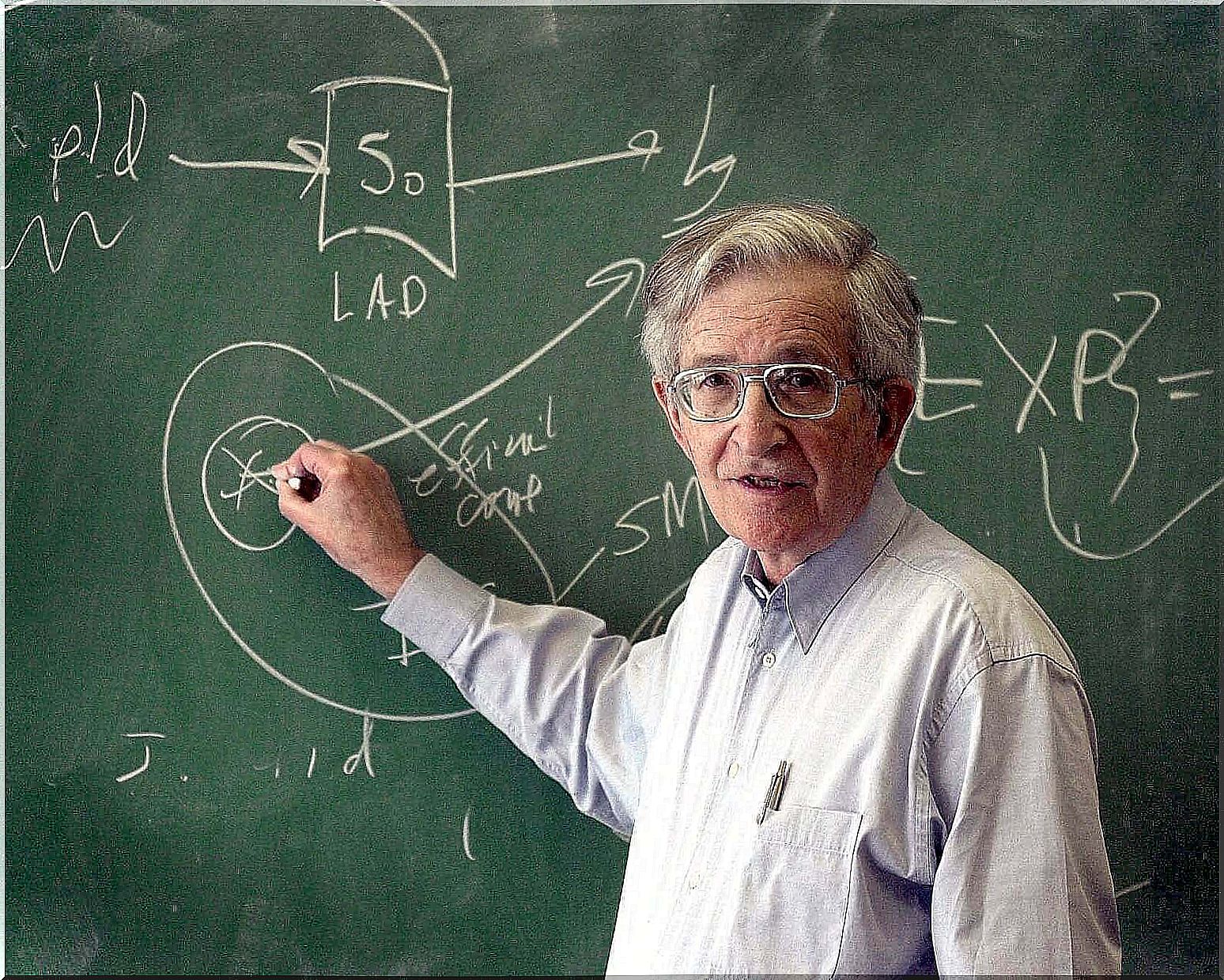
If you, too, now that you’ve learned a little more about Noam Chomsky, think it’s important to celebrate his birthday, then mark December 7 in your calendar. As Chomsky said:




